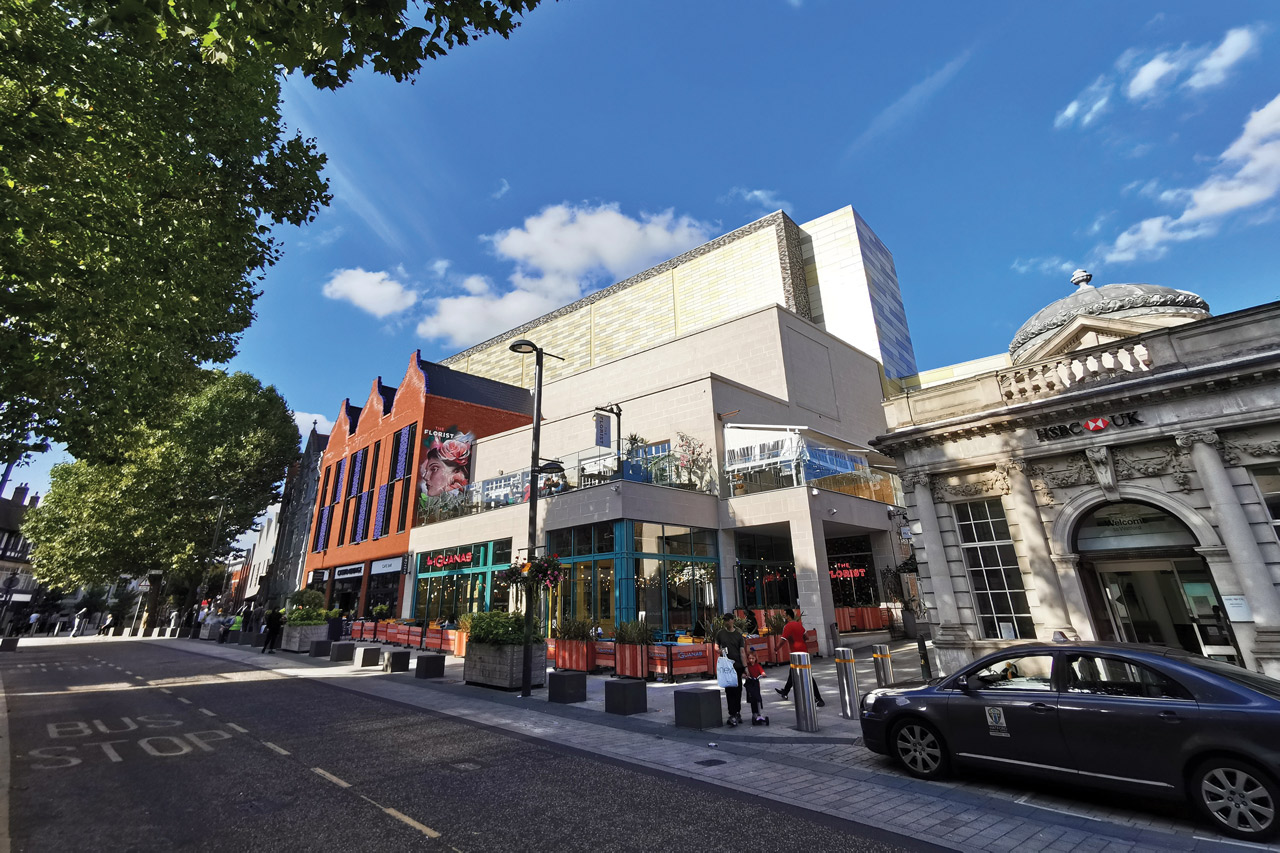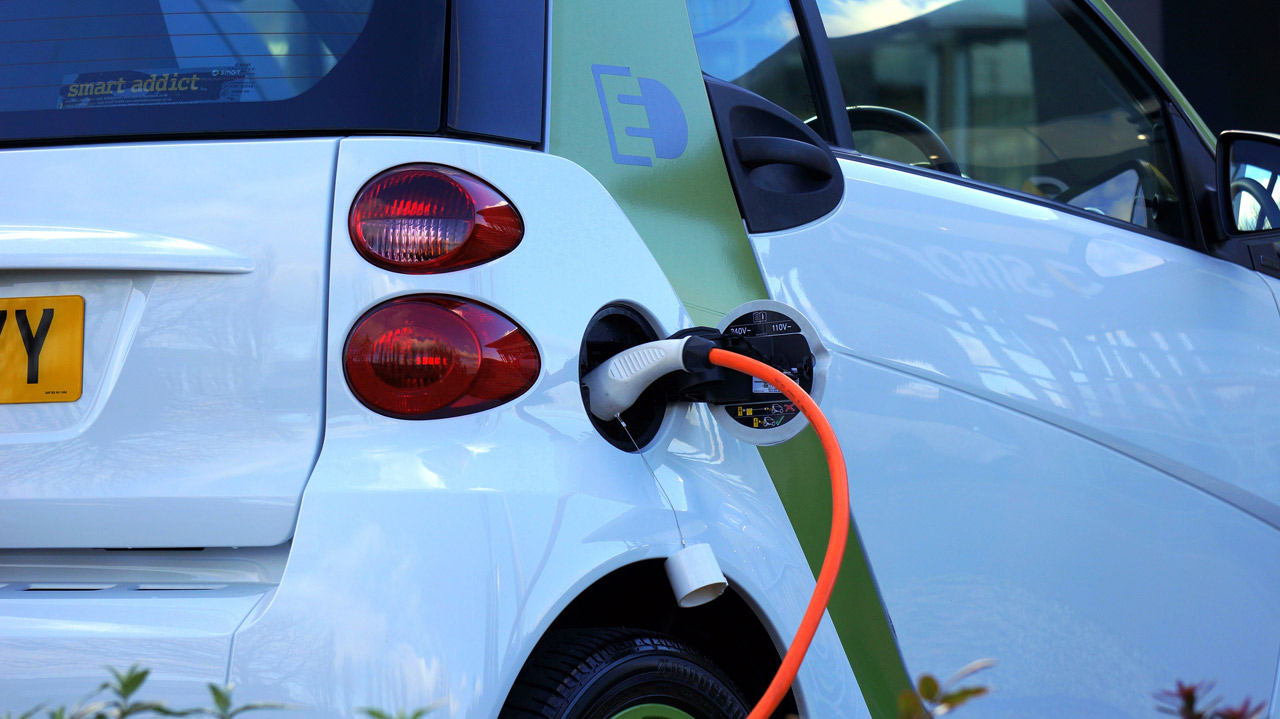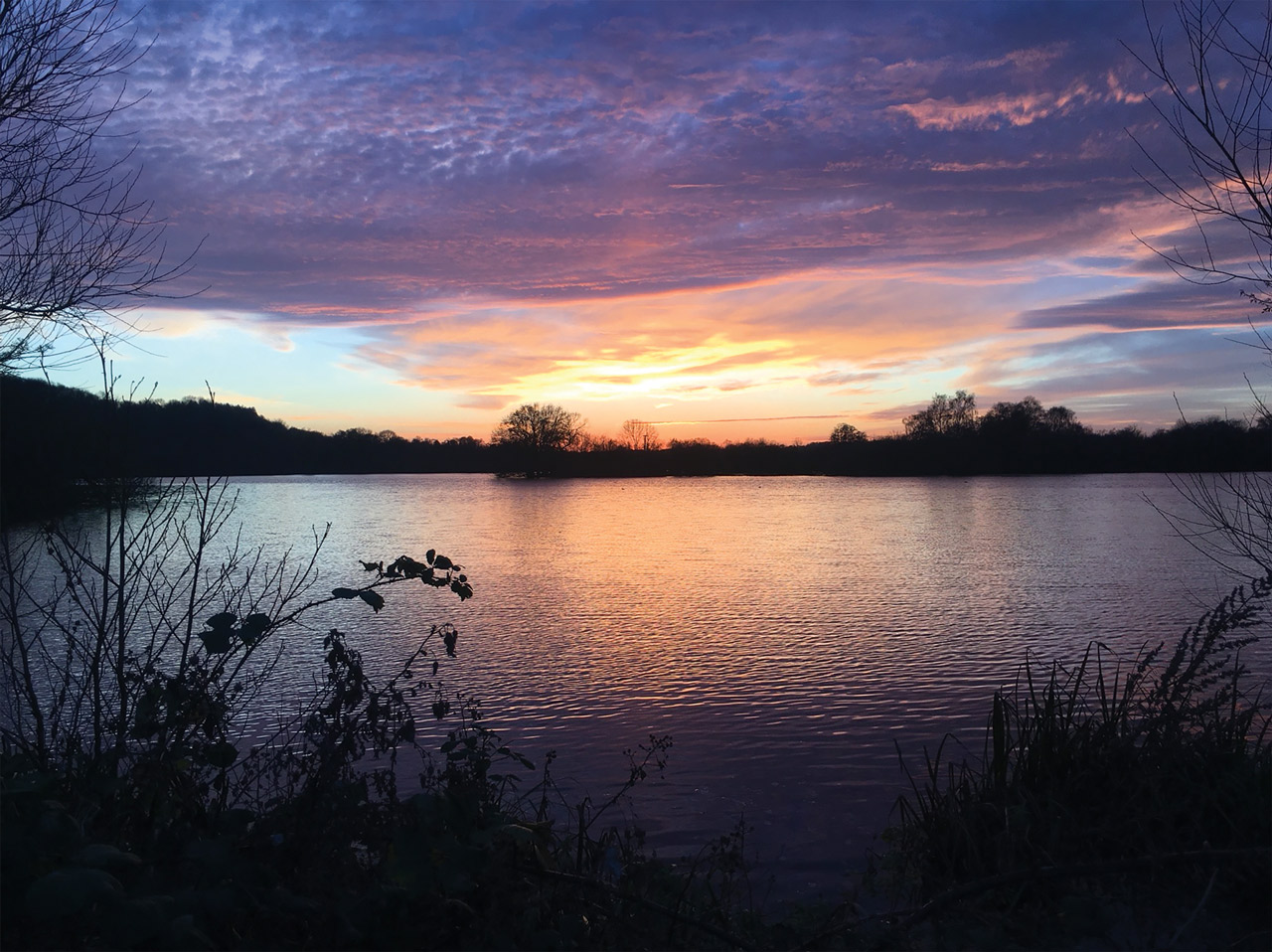2. Our world is changing
The future of South West Herts will be affected by trends and shifts occurring in the area, the country, and the world. Some of these are set out below. The Joint Strategic Plan will also need to take into account decisions that have already made through Local Plans.
Climate
The UK Government and we, the SW Herts Authorities, have declared a climate emergency. In the face of this climate emergency we need to radically change the way our society and economy operates. To do so will both safeguard the planet and increase our own ability to adapt to a changing planet.
Economy
The UK’s decision to leave the EU has created considerable uncertainty for some UK businesses. It continues to be unclear what the UK’s eventual relationship with the EU will look like and how this will affect things such as market access, the availability of migrant labour and product regulation. In SW Herts 63% of jobs growth since 2010 has been among non-UK nationals. Migration controls may therefore limit an important labour supply.
Demographics
Across the country, populations are growing, changing, ageing and becoming more diverse. Families are getting smaller and more people are living alone. We’re living longer and healthier lives, although there remain inequalities in health and life expectancy. In SW Herts, as well as an ageing population there is also a predicted increase in young people and families moving in; young people who may have different priorities, skills and aspirations than their parents.
 Mobility
Mobility
Connectivity is more important now than ever, both to peoples’ daily quality of life and to the wider economy. The way people move around has been affected by the pandemic and it is too soon to see what the long term implications will be. However, traffic congestion and environmental impacts are still key things that will influence how we move around in the future. From better public transport, a move to electric vehicles and just getting more people walking and cycling, the future of mobility needs to be greener, easier and more joined-up.
Technology
Data and digital systems are becoming increasingly integrated into our day to day lives. A report by consultants McKinsey Digital suggests that digital adoption has accelerated by 7 years over the 2 years of the pandemic Link. As a result, how we manage, experience and participate in our towns and cities, and wider society, is changing. This shift poses many challenges, but it also has the potential to make our places more efficient, resilient, inclusive and better places to live.
COVID-19
In the past two years, the nature of the places and spaces where we live, work, shop, exercise and raise our children have been brought into sharp focus. Lines between home, office, schools, pub and gym have become blurred. High streets, local centres and parks have become focal points for daily life. We have learned that we still need to come together socially and professionally, but that this can take many shapes and forms. Many have suffered greatly and recovery may take many years. How we understand the challenges and opportunities the pandemic has created is an important backdrop for the future vision for our area.









